Tyson Foods, the largest meat producer in the United States, has agreed to stop marketing a line of its climate-friendly beef and drop its claim that it could reach net-zero emissions by 2050. The changes are the result of a lawsuit settlement with the Environmental Working Group, a nonprofit that sued Tyson for allegedly misleading consumers about the environmental impact of its products.
As part of the settlement, Tyson must refrain from making these environmental claims for five years and cannot make new ones unless they are supported by third-party verification. The company had been marketing its "Raised & Sustained" beef line as a more environmentally friendly option, but critics argued that the labeling was misleading and did not accurately reflect the product's actual environmental impact.
"This settlement is a major victory for consumers and the environment," said Scott Faber, senior vice president of government affairs for the Environmental Working Group. "Tyson Foods has been making false claims about the environmental benefits of its beef products, and we're glad that the company is finally being held accountable."
Meat and dairy production are two of the highest polluting industries, accounting for 14.5 to 19 percent of global greenhouse gas emissions, with much of it stemming from beef. The production of beef requires large amounts of land, water, and feed, and the livestock sector is a significant source of methane, a potent greenhouse gas.
Tyson Foods' decision to stop marketing its climate-friendly beef line is a significant development in the meat industry's efforts to address its environmental impact. The company's actions are part of a broader trend of meat producers facing increased scrutiny over their environmental claims.
The lawsuit against Tyson Foods was filed in 2023 and alleged that the company had engaged in deceptive marketing practices by making false claims about the environmental benefits of its beef products. The settlement is a significant victory for the Environmental Working Group and highlights the need for greater transparency and accountability in the meat industry.
Tyson Foods has not commented on the settlement, but the company has faced increasing pressure in recent years to address its environmental impact. The company has set a goal of reducing its greenhouse gas emissions by 25 percent by 2025, but critics argue that this goal is not ambitious enough and does not go far enough in addressing the industry's environmental impact.
The settlement is a significant development in the meat industry's efforts to address its environmental impact, and it highlights the need for greater transparency and accountability in the industry. As consumers become increasingly aware of the environmental impact of their food choices, meat producers will face increasing pressure to address their environmental claims and provide more accurate information about their products.
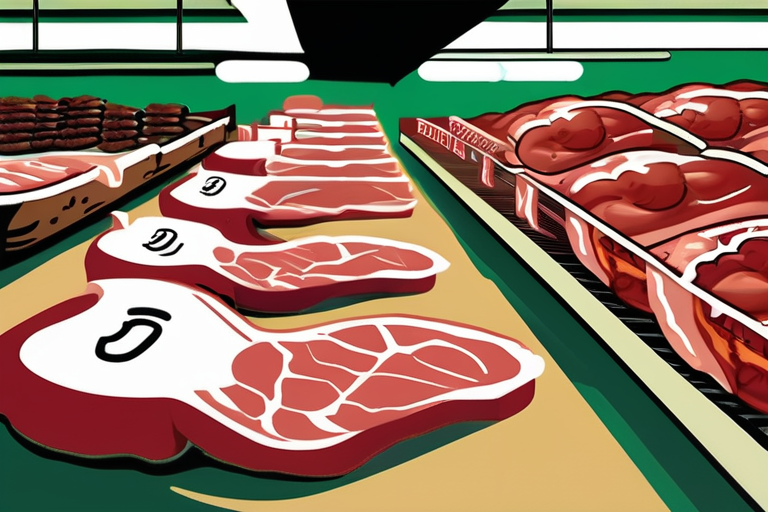


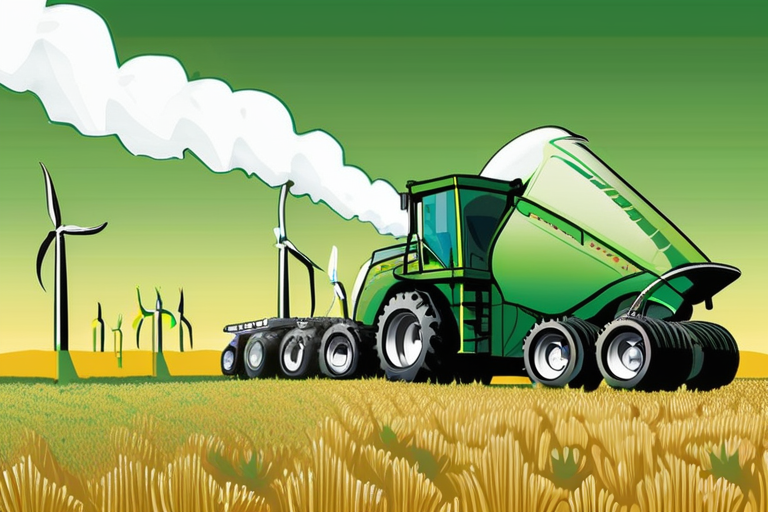

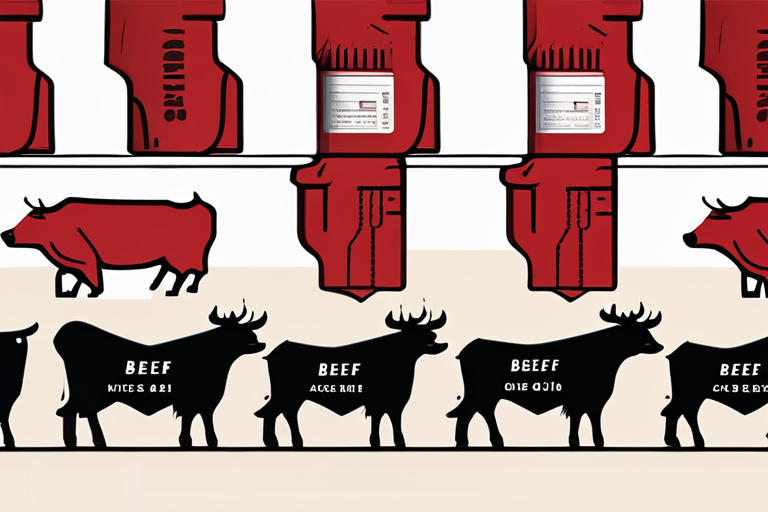



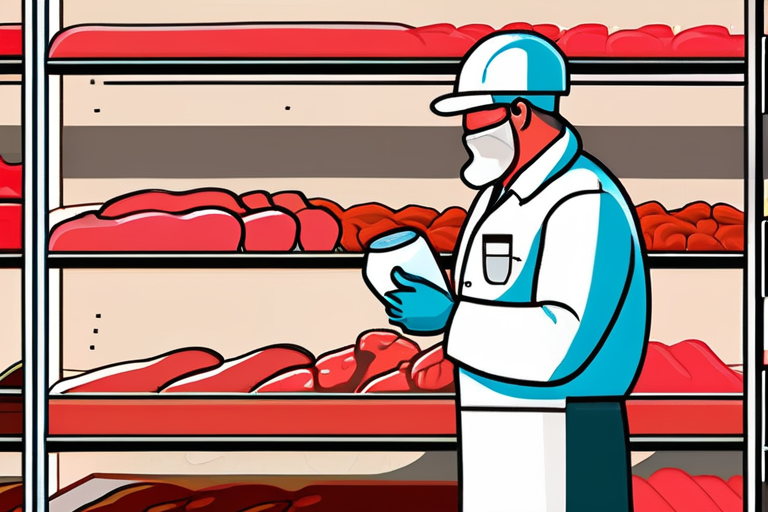
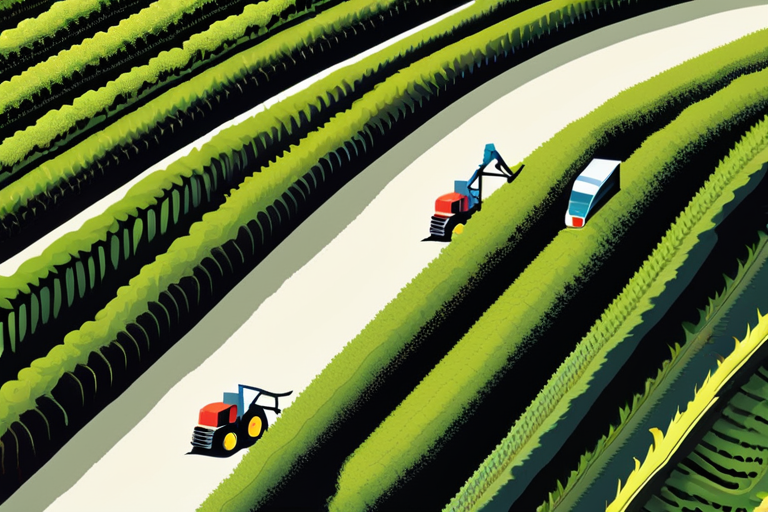

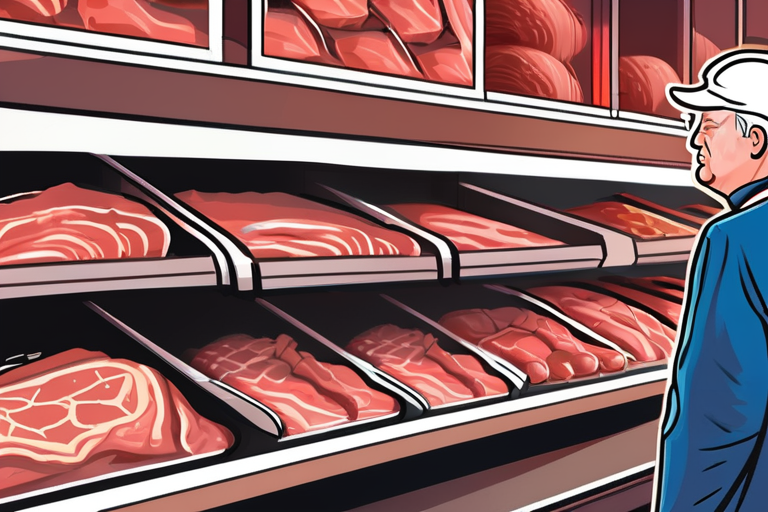

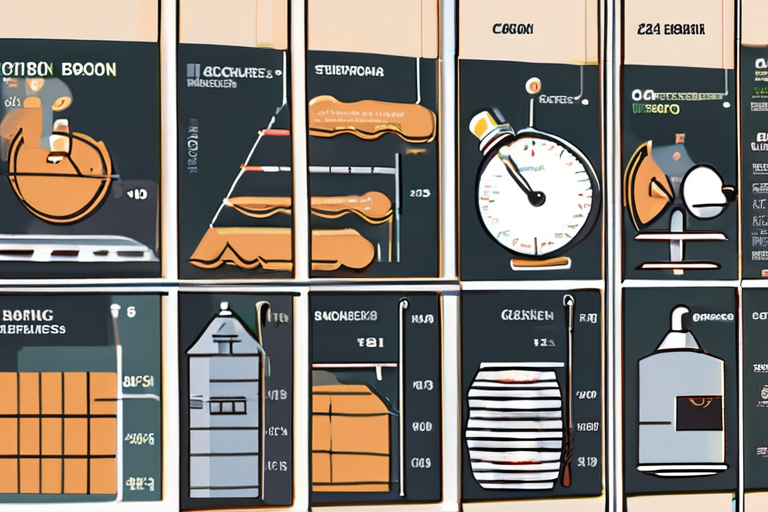

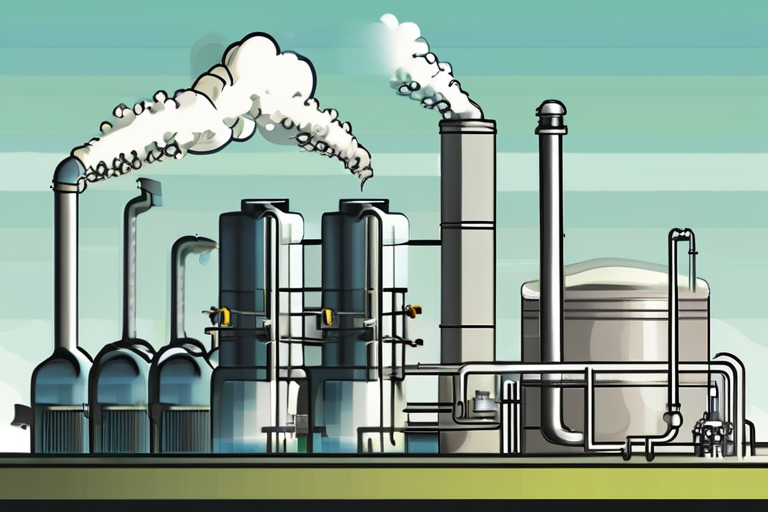

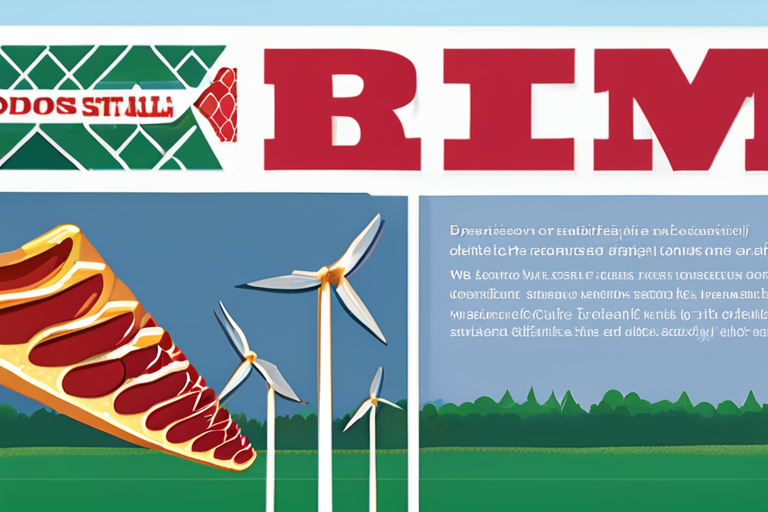
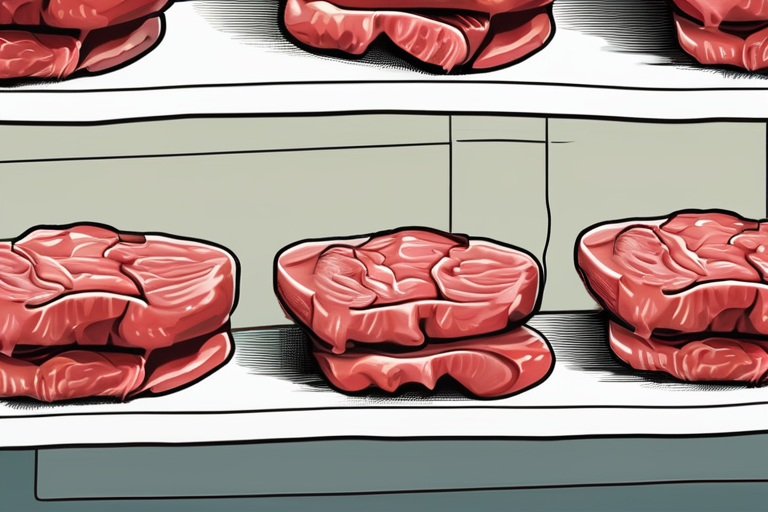




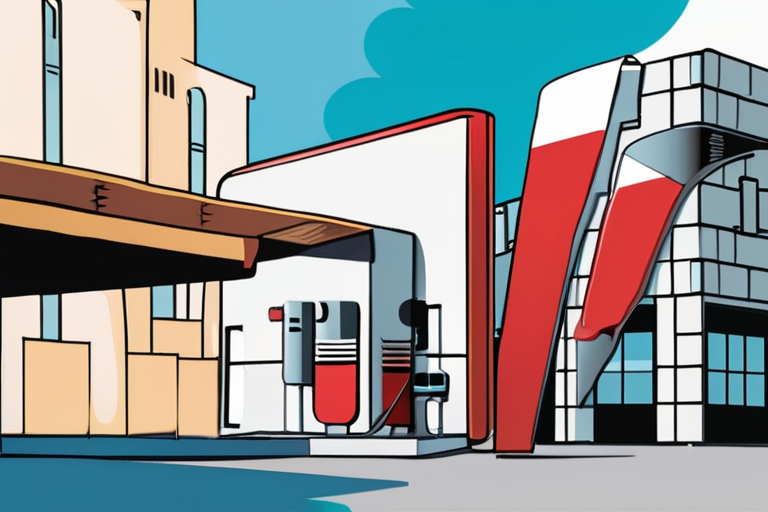

Share & Engage Share
Share this article